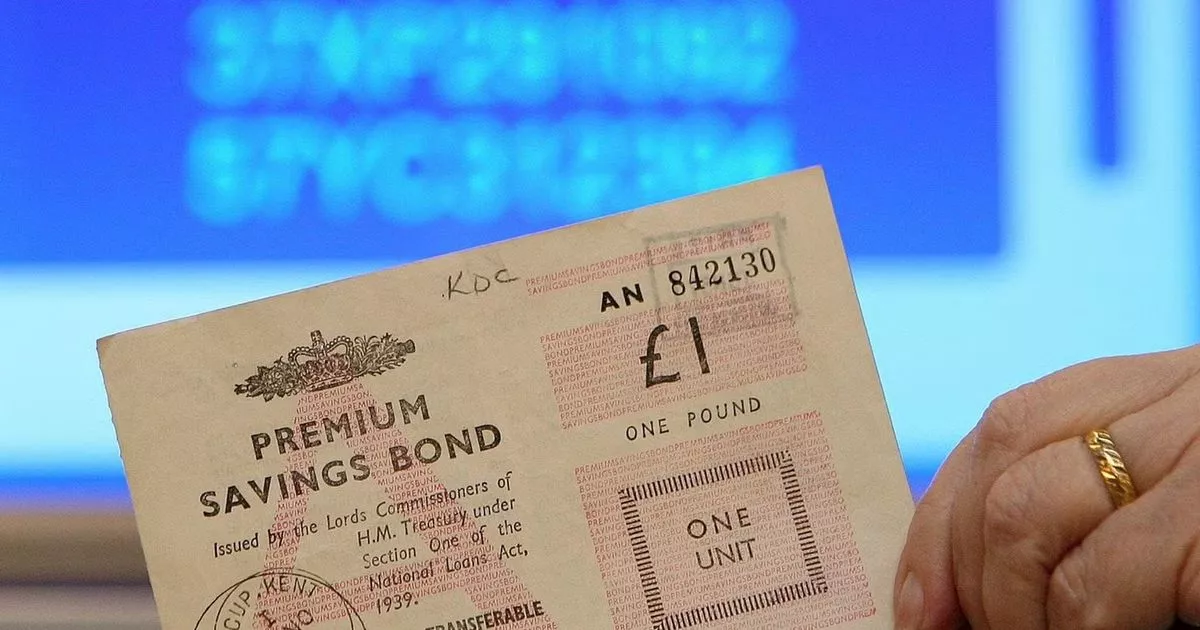Unlock the Editor’s Digest for free
Roula Khalaf, Editor of the FT, selects her favourite stories in this weekly newsletter.
A new Labour government could raise extra money for investment from bond markets without causing a Liz Truss-style gilts crisis, according to fund managers.
Shadow chancellor Rachel Reeves has promised to retain the Conservative government’s commitment that debt as a proportion of GDP must be on track to fall in five years if Labour wins the July 4 election.
She has also ditched an earlier pledge to spend £28bn a year on green investment as she seeks to emphasise Labour’s commitment to fiscal responsibility.
But bond investors said the market could be forgiving if a new government decided to boost borrowing and amend its debt rules, provided funds were channelled towards measures to stimulate the economy.
“If Labour borrows to invest, markets will not worry about it,” said Tom Roderick, portfolio manager at hedge fund firm Trium Capital. “What markets are more worried about is borrowing to cut taxes, or increase social security payments, which doesn’t sound that likely.”
The Labour party has been at pains to reassure markets it will avoid a repeat of former prime minister Liz Truss’s 2022 “mini” Budget, when a package of £45bn of unfunded tax cuts triggered a run on the pound and a spike in UK government borrowing costs.
In an interview with the Financial Times, Reeves emphasised that Labour would focus on growing the economy as “the only way out of this mess”, referring to tax take and borrowing at multi-decade highs.
“Borrowing more is not an alternative because debt as a share of GDP is the highest it’s been since the 1960s,” said Reeves, adding that taxing more was also “not an alternative because tax is already at a 70-year high”.
Investors broadly expect Reeves to stick to the current plans for net gilt issuance of £216bn in the current financial year, the highest on record adjusting for Bank of England sales and purchases.

With Labour enjoying a commanding lead in opinion polls, her fiscal cautiousness has helped the gilt market to remain relatively calm leading up to the election, in contrast to turmoil in French debt sparked by the prospect of a far-right government.
Sterling has been the only major developed market currency to hold its value against a rising dollar this year.
However, investors say there is scope for modest increases in borrowing in 2025.
“If the UK were to borrow a little bit more, would it get out of hand? No,” said Ales Koutny, head of international rates at Vanguard. Since the turmoil sparked by Truss subsided, “markets have been quite agnostic about high deficits”, he added.
Investors may also be more tolerant of a relaxation of fiscal rules than Reeves suggests.
“There is scope to modify the framework to allow more borrowing,” as long as updated rules were policed by the Office for Budget Responsibility, the fiscal watchdog, said Simon Ward, an adviser at Janus Henderson.
Labour could “probably” add “£20bn or £30bn” to the gilt remit without pushing up borrowing costs, said Tomasz Wieladek, chief European economist at T Rowe Price.
Investors’ openness to a shift in self-imposed borrowing constraints echoes recent comments by former BoE chief economist Andy Haldane, who said that “existing fiscal rules risk starving the economy of the very investment needed to boost medium-term growth”.
The prospect of interest rate cuts as the BoE completes its battle with inflation — which has returned to the central bank’s 2 per cent target for the first time in three years — could also open up more room for manoeuvre for the next government.
“The Labour party need to hope that by November 2025, inflation is under control, the BoE are well into their cutting cycle and the US and Europe haven’t spooked the markets,” said Matthew Amis, a portfolio manager at Abrdn, adding that this would “create an environment where Reeves can explore widening out of the fiscal rules”.
Still, some investors think the shadow chancellor should be cautious about testing the gilt market’s appetite for extra issuance given the explosive reaction to Truss’s borrowing plans in 2022.
Craig Inches, a bond portfolio manager at Royal London Asset Management, said Reeves enjoyed a reputation as “a safe pair of hands”, thanks to her experience as a former BoE economist.
“It’s unlikely that she will want to jeopardise this so soon considering that part of the reason Labour will gain a landslide is because of the Trussonomics experiment,” he said.
















